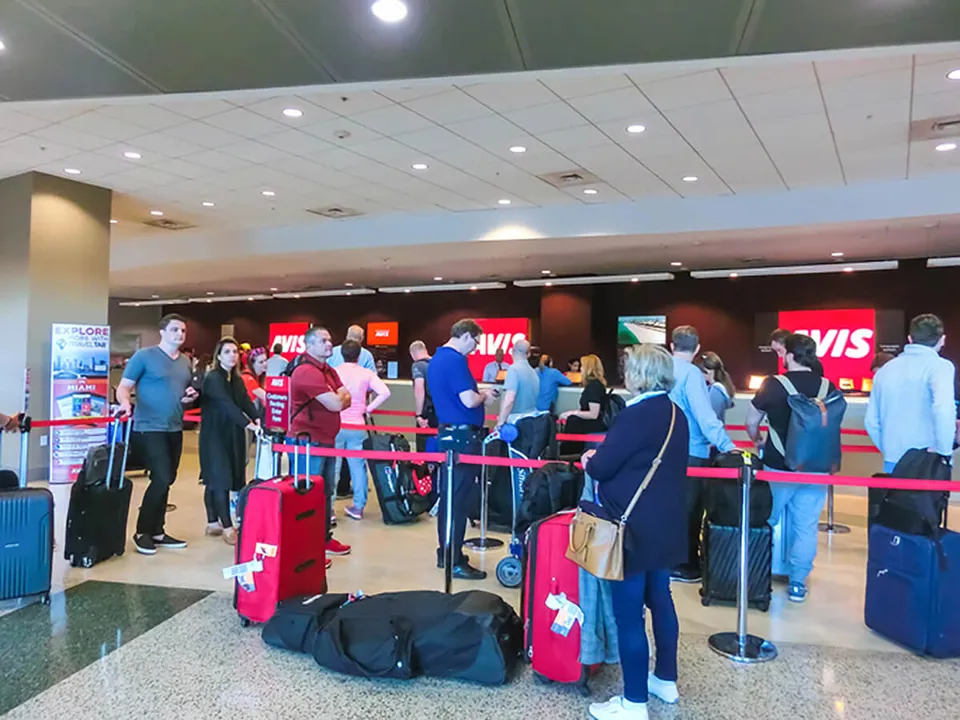Corporate car hire has been through a revolution over the past couple of years.
Faced with recession, funding cuts and supply shortages on an unprecedented scale, rental firms have been forced to consider new ways to source cars and develop new forms of hire agreement to boost service levels and retain fleet business.
The birth of flexi-hire and flexi-lease, the missing links between short-term hire and contract hire, have been seized by fleets that are reluctant to over-commit to three or four-year leasing deals.
Flexi-hire/lease accounts for a growing number of purchases in the corporate sector – in vans alone it rose from 11% to 16% of total registrations last year.
Most rental firms and many contract hire companies now offer products for cars and vans.
Rental has effectively gone from a short-term stop gap measure to a longer-term tactic, one that has become a core part of many fleets’ company car policies.
Benefiting from this resurgence is Avis which two years ago set out a new strategy to reposition itself as a viable contender in the fleet sector.
The company had, by its own admission, taken its eye off the corporate ball as it concentrated on developing its retail business, but now recognised that fleets offered a significant opportunity for growth.
The three-year so-called “turnaround strategy” included doubling the size of the corporate team, as Avis invested in account managers, field sales, business development and back-up support to providing a compelling reason for fleets to switch supplier.
The results have been instantaneous: two years of double-digit growth in corporate business, including a 20% rise alone in 2010.
Avis’s rental fleet has grown from around 17,000 to 20,000 cars while a forward orders book increase of £30 million on 2009/10 is likely to see even more vehicles added.
Anthony Ainsworth, Avis’s newly-appointed commercial director, says the company laid out its growth aspirations at a time when some other rental firms were scaling back due to the recession and rising difficulties in sourcing vehicles from manufacturers.
“We wanted to re-establish Avis in corporate, lease and SME and we have won business all these segments,” he says.
“Two years ago we had to do a lot of knocking on doors; now we have people knocking on our door.”
In addition to heavy investment in the corporate team, Avis claims its success has come from getting the basics right: delivering cars on time, beating its service level agreements and offering quick and easy billing.
Contracts are typically for two or three years for a set volume of hire days and car mix, plus an agreed performance matrix which Avis reports on monthly or quarterly.
The prices are set up front with a promise that they will not change mid-contract.
KPIs tend to cover the following areas:
- Query ratio – the number of bill, damage or service queries per thousand vehicles
- On time deliveries
- Car availability
- Damage queries as a percentage of rental numbers, plus speed with which they were resolved.
Larger corporate customers can use Avis’s demand forecasting tool which tracks rental histories and enables it to plan ahead. It improves car availability and helps the customer to budget more accurately.
Avis’s new Wizmap delivery and collection tracking system, currently being rolled out, will improve efficiency as well as enabling Avis to optimise deliveries nationally based on requirements and demand.
“We can see our entire 20,000 fleet and check what’s available where and when,” says Ainsworth.




















Login to comment
Comments
No comments have been made yet.